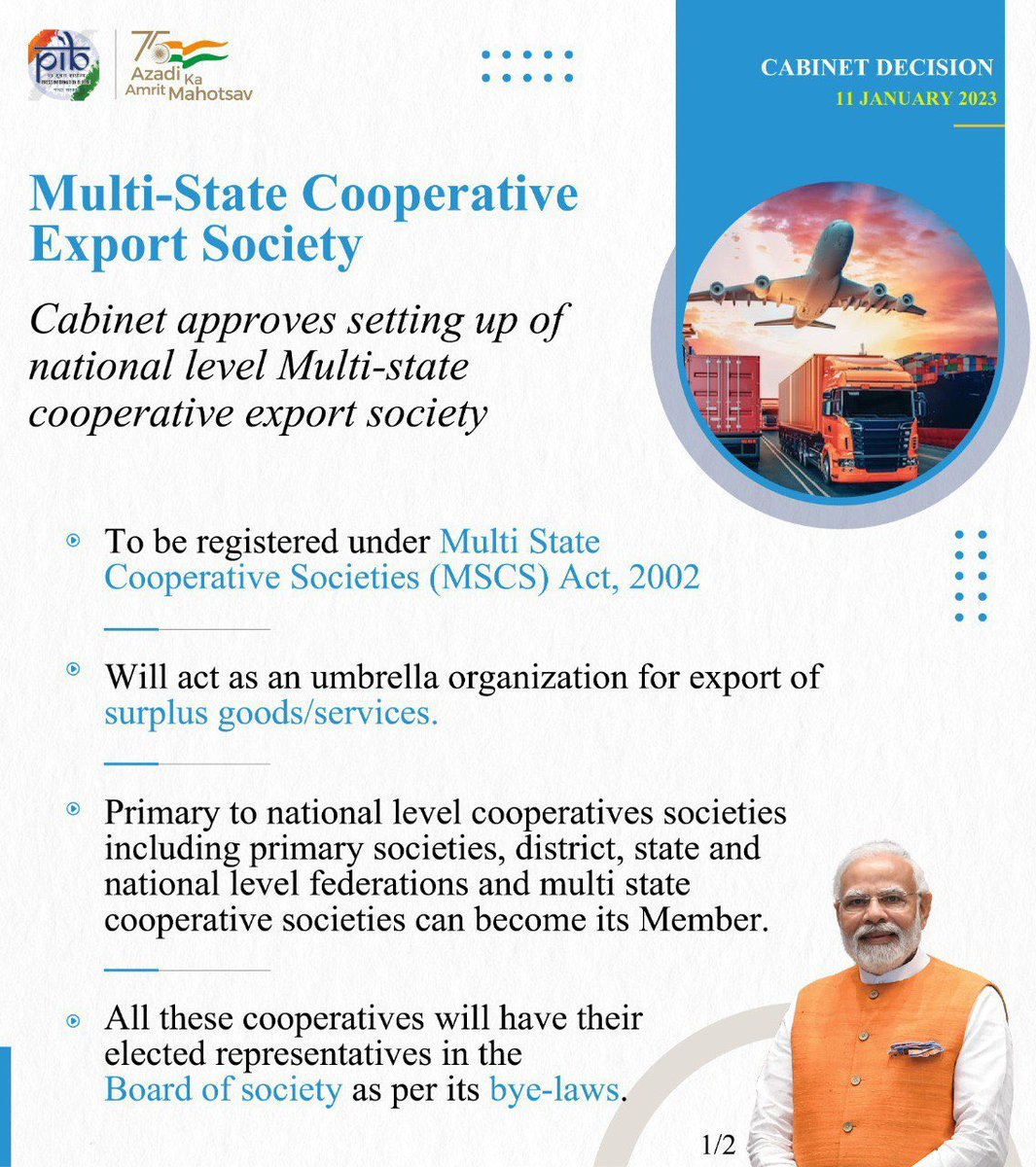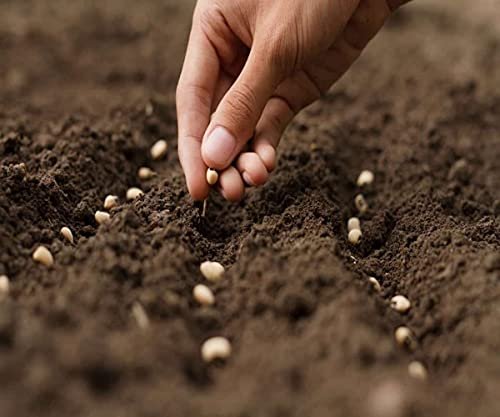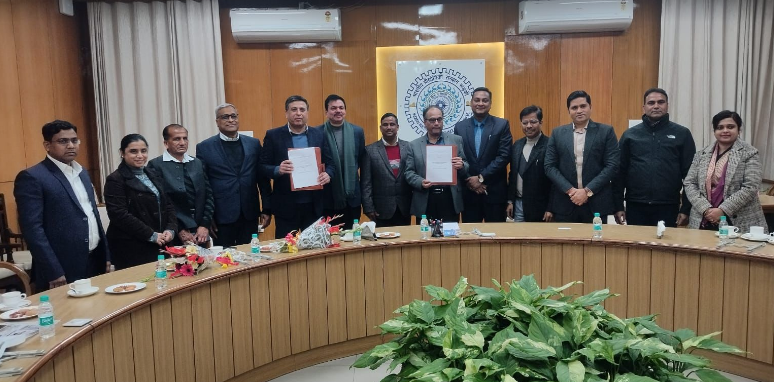Ecozen secures $25 Mn, led by Nuveen and Dare Ventures
Ecozen will leverage Nuveen’s experience in scaling impact-oriented businesses to augment its commercial offering.
Ecozen has raised $25 million of combined equity and debt capital. The Series C equity portion was led by Nuveen and Dare Ventures (Coromandel International), with participation from Export-Import Bank of India (India EXIM Bank), and existing investors Caspian and Hivos-Triodos Fonds (managed by Triodos Investment Management). Omnivore and IFA, early investors in Ecozen, achieved partial exits in this round. The debt portion was provided by Maanaveeya Development and Finance, Oxyzo, Northern Arc group, HDFC Bank and Axis Bank.
Ecozen is on an accelerated growth path both domestically and internationally, where it aims to capitalise on a slate of successful projects by establishing itself as a trusted agri value chain participant in Africa and Southeast Asia. Ecozen will leverage Nuveen’s experience in scaling impact-oriented businesses to augment its commercial offering, and the funding from India Exim Bank will support the Company towards its export-related activities.
The Company is also looking beyond the agricultural sector to accelerate the broader energy transition through its deeptech expertise in energy storage, motor controls, IoT and analytics. The company estimates the market size for its innovative technology stacks in India to grow to $25 billion by 2025.
Headquartered in Pune, India, Ecozen was founded by three IIT Kharagpur alumni, Devendra Gupta, Prateek Singhal and Vivek Pandey. The company has helped generate over 1 billion units of clean energy (kWh), saved over 20,000 metric tons of food loss and reduced over 1 million tons of GHG emissions.
“We are thrilled to successfully close this round and are excited to bring Nuveen, India Exim Bank, as well as other new investors, on board,” said Devendra Gupta, CEO and Co-Founder at Ecozen. “As we expand beyond India and agriculture, we will continue to focus on profitable growth and sustainable technology solutions. Ecozen will aggressively expand production capacity and product range.”
“Nuveen seeks out companies that mitigate climate change, build resilience to its impacts, and provide high quality, affordable products and services to the low-income consumer segment,” said Rekha Unnithan, Managing Director and Co-Head of Private Equity Impact Investing at Nuveen.
Ecozen will leverage Nuveen’s experience in scaling














